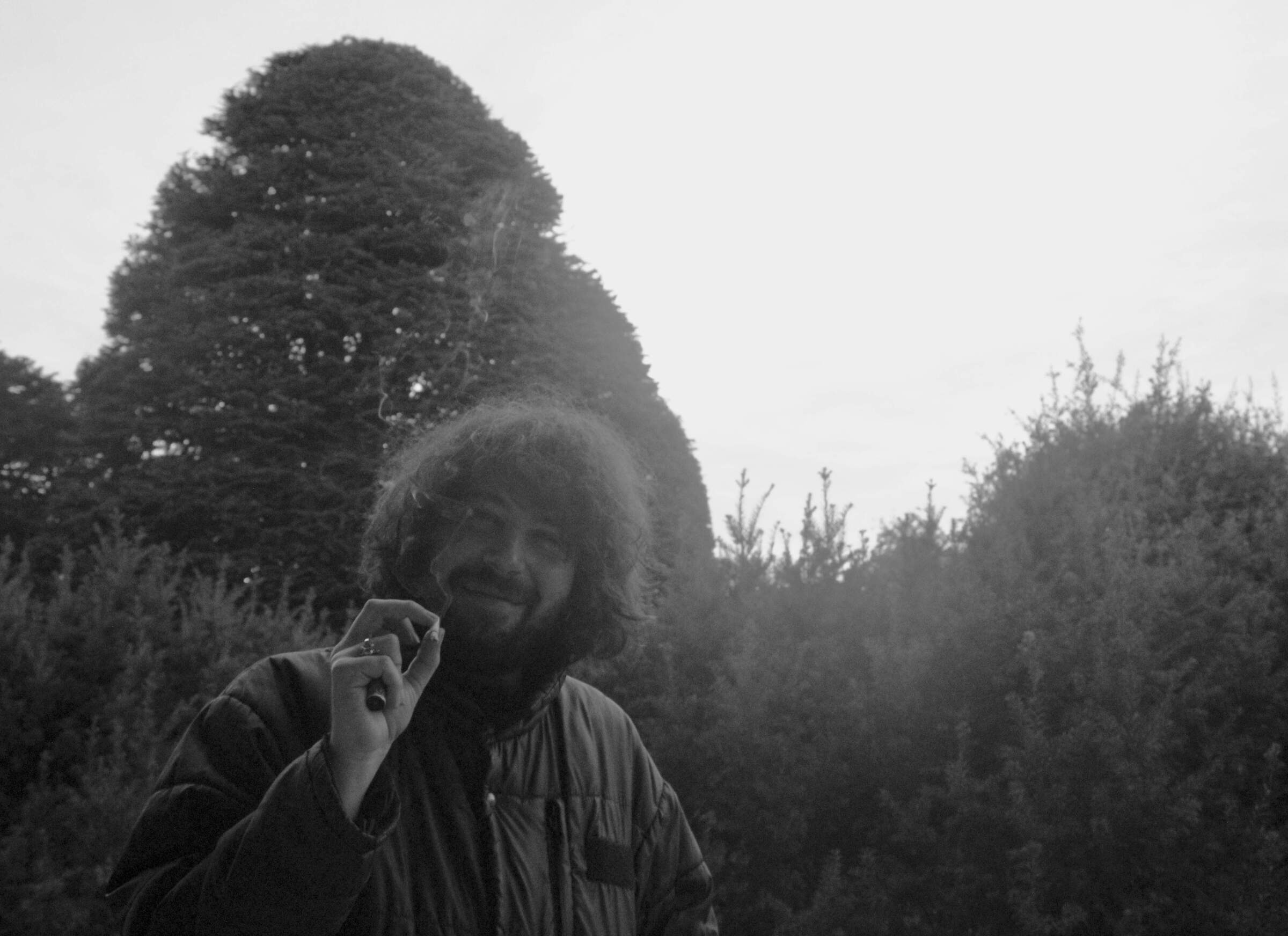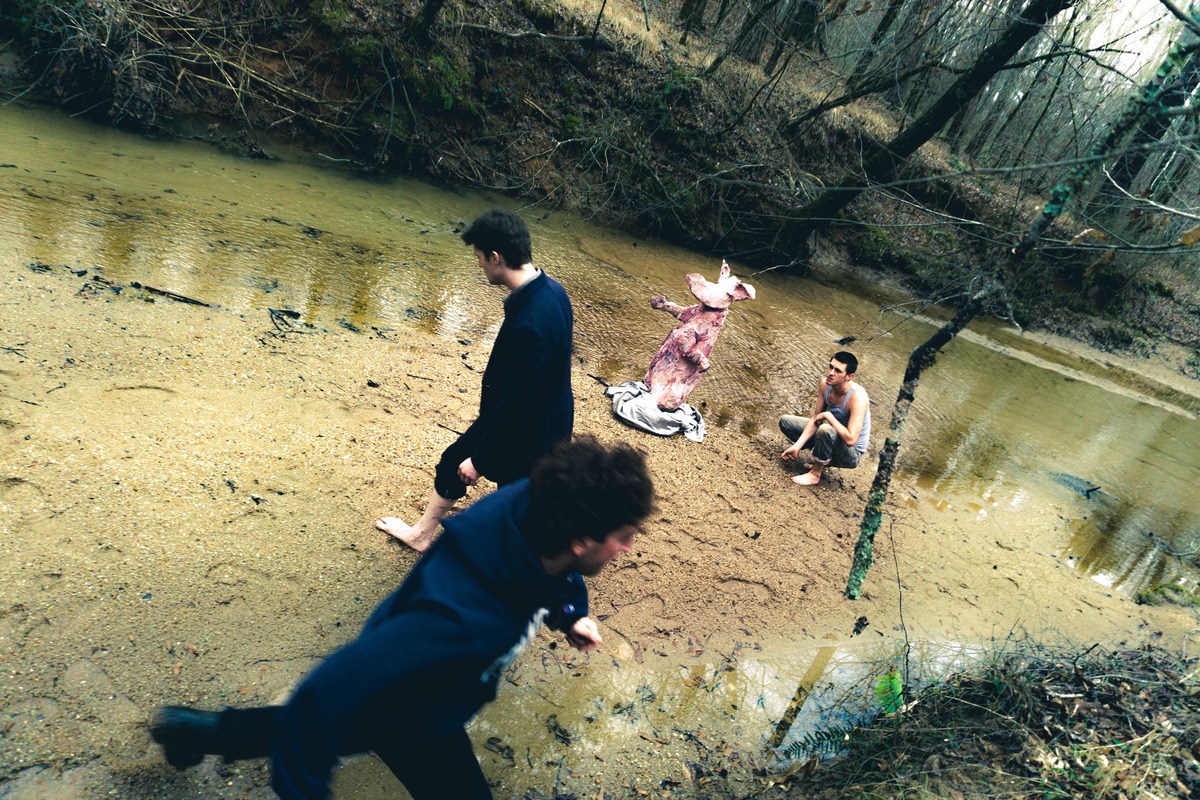The Byrds – “Original Singles A’s & B’s 1965-1971” (2012) review
The Byrds – Original Singles A’s & B’s 1965-1971 (Columbia, 2012)
There was a time in the 1960s when US Top 40 radio and record sales were dominated by British invasion bands like The Beatles, The Rolling Stone, The Kinks and The Who. The US had a few answers, but none more potent, or competent, than The Byrds, who had a string of incredible singles and classic albums, and were able to evolve with the times, from folk rock, through psychedelic rock before finally settling into the country rock genre. While never acquiring the fame of their UK contemporaries, The Byrds certainly held their own, and for a period of time were arguably the most important American band of their time.
While their single and album sales did not reach the heights of their UK counterparts, The Byrds did release consistently strong music, in both single and album formats. However, the band will forever best be remembered as the craftsmen of incredible 45s which filled the AM radio airwaves throughout the second half of the 1960s. The Byrds were a true American treasure, mixing gorgeous melodies with incredible musical performances always produced to near perfection. This fact is driven home by Sony Music Japan’s 2012 two CD set “Original Singles A’s & B’s 1965-1971” which compiles both sides of every US single released during the period, as well as some sides that were withdrawn before hitting record stores. In total, there are fifty two tracks, fifty of which are found in their original mono mixes, the other two which were never recorded or mixed in mono are included in stereo versions.
The Byrds original lineup included Roger McGuinn on lead guitar, banjo and vocals, Gene Clark on tambourine, rhythm guitar, harmonica and vocals, David Crosby on rhythm guitar and vocals, Chris Hillman on bass guitar, rhythm guitar, mandolin and vocals and Michael Clarke on drums.
April 12, 1965 saw The Byrds release their debut single, pairing the Bob Dylan penned “Mr. Tambourine Man” with the Gene Clark composition “I Know I’d Want You.” The single, which would become The Byrds signature song with its familiar jangling 12-string Rickenbacker guitar by McGuinn reached #1 on the Billboard charts, the first of two to do so, and certainly played a large part in their debut album, bearing the single’s title, reaching #5 on the Billboard album charts when released on June 21, 1965. The follow up single from the same album paired another Dylan tune “All I Really Want To Do” with another Gene Clark tune “I’ll Feel A Whole Lot Better” but the sophomore release was not nearly as successful, topping out at #40 on the charts. The band released three singles from their December 6, 1965 LP “Turn! Turn! Turn!” which attained #17 on the album charts. The albums’ first single, its title track, penned by folk singer Pete Seeger matched “Mr. Tambourine Man” hitting #1, due in no small part to the gorgeous vocal harmonies of the band, and was backed by yet another Gene Clark track “She Don’t Care About Time.” The albums’ other singles were not nearly as successful, none of them cracking the Hot 100, but they are included in the set. The singles from phase one of The Byrds career are universally filled with beautiful vocal harmonies, McGuinn’s familiar jangling Rickenbacker guitar and gorgeous arrangements. Folk rock does not get any better, as the band’s standards were high and they never failed to live up to them. In addition, the production is flawless throughout.
Phase two of The Byrds saga began with the March 14, 1966 release of the psychedelic classic, “Eight Miles High”a joint effort of Clark, Crosby and McGuinn which reached #14 backed by the McGuinn/Crosby penned, introspective “Why.” The a-side contains one of rock music’s most recognizable guitar riffs with its swirling intro influenced by Ravi Shankar. “5D” by McGuinn b/w “Captain Soul” credited to the entire band except Gene Clark made #44, while the album from which the singles came, “Fifth Dimension” now considered a psychedelic rock classic reached only #24 on the charts, due in large part to Gene Clark leaving the band just prior to the release of “Eight Miles High” with most of the album being recorded without him.. Clark was an integral part of The Byrds sound, both as a vocalist and songwriter. The album’s final single, McGuinn’s “Mr. Spaceman” b/w Crosby’s “What’s Happening” peaked at #36 and is The Byrds at their light hearted best, mixing humor with musical prowess. “Fifth Dimension” is filled with incredible documents of The Byrds at their psychedelic best, and the performances and production are absolutely incredible, verging on flawless. The Byrds’ fourth album, “Younger Than Yesterday” was recorded as a quartet and as its predecessor hit #24 on the charts. The first single from the LP, the classic and often covered “So You Wanna Be A Rock And Roll Star,” with its driving guitar, was written by McGuinn and Chris Hillman and b/w Crosby”s gorgeous, timeless “Everybody’s Been Burned” featuring haunting vocals by Crosby, peaked at #29 and marked a transition of the band from their psychedelic sound toward a gentler, more country influenced sound. The next single paired another Dylan tune “My Back Pages” with the Crosby/McGuinn “Renaissance Fair” and made #30, the group’s last Top 40 single. “My Back Pages” is The Byrds at their melodic best and another near perfect performance with production to match, while the b-side surely ranks as one of Crosby and McGuinn’s best collaborative compositions. Chris Hillman’s “Have you Seen Her Face” the album’s final single died at #74, despite its gorgeous arrangement and impeccable performance. The next single was a non-LP side Crosby’s delicate “Lady Friend” which sadly failed to chart. The next single “Goin’ Back” was a cover of a tune by Carole King and Gerry Goffin, and was taken from “The Notorious Byrd Brothers” which combined psychedelic and folk rock elements and is considered by many a high water mark in the band’s career though it made only #47 on the charts on its release on January 15, 1968. This album would be the last to feature David Crosby and Michael Clarke as the band moved into their country rock phase. The fruits of the labors of The Byrds in phase two of their original lifespan is another mixture of masterful songwriting and magnificent performances matched by nearly flawless production resulting in a quality of psychedelic music that stands up favorably to any of its day.
August, 1968’s “Sweetheart Of The Rodeo” marked the group’s official move into the country music realm, phase three of their musical journey, as McGuinn and Hillman were joined by Gram Parsons, who contributed acoustic guitar, piano, organ and vocals as well as writing two tracks for the album and Kevin Kelley who took over the drum kit. Another Dylan song “You Ain’t Going Nowhere” and the traditional “I Am A Pilgrim” were released as singles, backed by the McGuinn/Hillman/Clarke “Artificial Energy” and the Woody Guthrie penned “Pretty Boy Floyd.” While the tunes are held in high regard by fans of the band neither single sold well. Still they are recognized as prime examples of classic Byrds country rock music. The LP “Dr. Byrds & Mr. Hyde” introduced guitarist/vocalist Clarence White as a member of the band, with Chris Hillman leaving, replaced by bassist/vocalist John York and Kevin Kelley exiting in favor of Gene Parsons who played drums, harmonica and banjo as well as contributing vocals to the album. The McGuinn/Joseph Richards “Bad Night At The Whiskey” b/w the truly classic McGuinn/Gram Parsons “Drug Store Truck Drivin’ Man” failed to hit, but the b-side has been covered often, and was immortalized by its inclusion on the “Woodstock” soundtrack performed by Joan Baez and Jeffrey Shurtleff. A gorgeous non-LP cover of Dylan’s “Lay Lady Lay” was released b/w the country traditional ‘Old Blue” followed by another Goffin/King cover “Wasn’t Born To Follow” (originally on “The Notorious Byrd Brothers) which was included on the soundtrack to the movie “Easy Rider” The album “Ballad Of Easy Rider” yielded two singles, the McGuinn/Dylan co-written and gorgeously melodic title track b/w “Oil In My Lamp” an Eric Morris/Byron Lee composition and the Arthur Reynolds number “Jesus Is Just Alright” later a huge hit for The Doobie Brothers b/w yet another Dylan tune, the delicate “It’s All Over Now Baby Blue.” Despite the incredible performance by the McGuinn/Clarence White version of The Byrds record sales were disappointing with “Ballad Of Easy Rider” reaching only #36, a huge improvement over “Sweetheart” and “Dr. Byrds” but still far less than deserved, and the singles simply were not selling, with “Ballad Of Easy Rider” at #65 and “Jesus Is Just Alright” at #97 the only two to even dent the Hot 100. October 1970’s “(Untitled)” yielded the timeless “Chestnut Mare” written by McGuinn and Jacques Levy. The album included Skip Battin replacing John York on bass and vocals. How “Chestnut Mare” failed to hit is beyond me and had to be a great disappointment to the band. “Byrdmaniax” released June 23, 1971, included the Arthur Reynolds’ penned “Glory, Glory” which was released as a single b/w the Skip Battin/Kim Fowley tune “Citizen Kane.” Both tracks include wonderful performances by the McGuinn, White, Battin, Parsons edition of The Byrds but sadly fared no better than its predecessors. The quartet had one more LP in them, the November, 1971 “Farther Along” which yielded the final single from this wonderful collection, the Skip Battin/Kim Fowley “America’s Great National Pastime” b/w the traditional tune “Farther Along” arranged by Clarence White., But once again, despite a fine performance the single went nowhere, and The Byrds finally called it a day at Columbia, ending a six year run, filled with incredible recordings that unfortunately did not enjoy sales to match their quality.
The fifty two tracks composing “Original A’s & B’s 1965-1971” are all included in their original mono single mixes, with the exceptions of “Citizen Kane” and “Farther Along” which were only recorded in stereo and were never folded down or prepared in any mono format. The two discs come in a slimline jewel case and the forty eight page booklet contains the full lyrics in both Japanese and English, although all the other notes are unfortunately included only in Japanese. The set comes with an OBI strip and as with all Japanese releases, the sound is simply immaculate. Fans of 1960s folk, psychedelic and country rock will definitely want this set in their collection, and I simply cannot recommend it highly enough.
– Kevin Rathert
© Copyright http://www.psychedelicbabymag.com/2018
Array





The Byrds’ singles deserved much more success. They were one of the greatest bands ever.